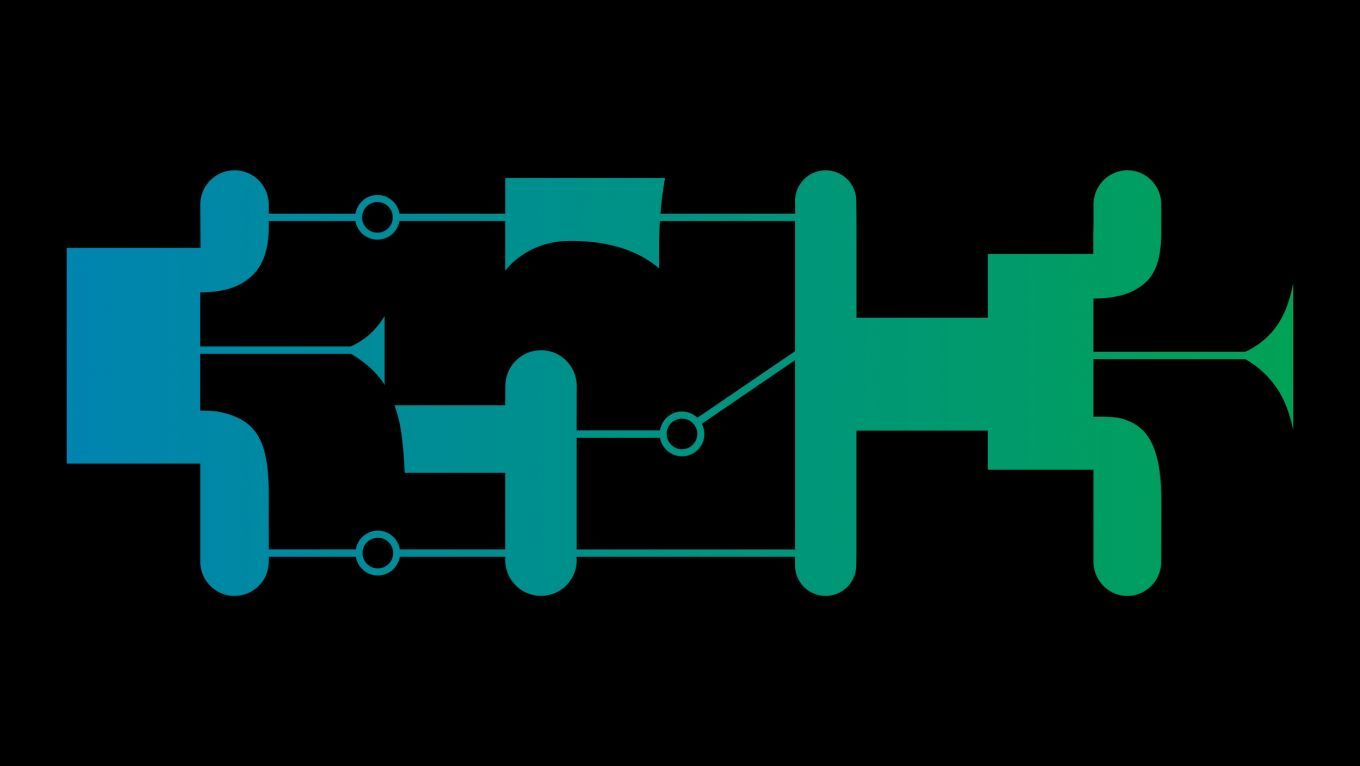Security
Provable Security
How I learned to stop worrying and love the backdoor
December 29, 2018
11:30 AM – 12:30 PM Add to calendar
11:30 AM – 12:30 PM Add to calendar
Dijkstra
Modern cryptography is based on security-proofs. We will demonstrate how these work, why they are desirable and what their limitations are.
Even the use of secure primitives like AES or RSA does not guarantee that the end-result is secure as well. In recent years breaks of modern primitives have in fact become exceedingly rare, yet stories like the KRACK-attack or ROBOT keep appearing.
The obvious answer to these problems would be to proof that our protocols are secure. While that may sound great in theory, there are many issues as well:
Proving (almost) anything secure, would require to solve a millennium-problem.
Given the above, assumptions are required; but which assumptions are reasonable?
The word “secure” may seem intuitive, but can we formally define it? And can something be too secure?
Idealizing primitives can solve many problems, but what about over-idealizations?
Can backdoors be necessary to prove security?
A proof can only show the absence of attacks in a certain model. What about attacks outside those models?
Additional information
| Type | lecture |
|---|---|
| Language | English |
More sessions
| 12/27/18 |
Since a few months we have a new version of TLS, the most important encryption protocol on the Internet. From the vulnerabilities that created the need of a new TLS version to the challenges of deploying it due to broken devices this talk will give an overview of the new TLS 1.3.
|
| 12/27/18 |
UEFI rootkits have been researched and discussed heavily in the past few years, but sparse evidence has been presented of real campaigns actively trying to compromise systems at this level. Our talk will reveal such a campaign successfully executed by the Sednit group. We will detail the full infection chain showing how Sednit was able to install their custom UEFI module on key targets' computers. Additionally, we will provide an in-depth analysis of their UEFI module and the associated ...
|
| 12/27/18 |
Meet SiliVaccine – North Korea's national Anti-Virus solution. SiliVaccine is deployed widely and exclusively in the DPRK, and has been continuously in development by dedicated government teams for over fifteen years. When we heard of this strange software, we were immediately driven to investigate it: it's not every day that you can catch a glimpse of the malware landscape inside the closed garden of the DPRK's intranet. In this talk, we will describe how we were able to obtain a rare copy of ...
|
| 12/27/18 |
In this presentation we will take a look at how to break the most popular cryptocurrency hardware wallets. We will uncover architectural, physical, hardware, software and firmware vulnerabilities we found including issues that could allow a malicious attacker to gain access to the funds of the wallet. The attacks that we perform against the hardware wallets range from breaking the proprietary bootloader protection, to breaking the web interfaces used to interact with wallets, up to physical ...
|
| 12/27/18 |
Voicemail systems can be compromised by leveraging old weaknesses and top of current technology. The impact goes way beyond having your messages exposed.
|
| 12/27/18 |
Die Venenerkennung ist eine der letzten Bastionen biometrischer Systeme, die sich bisher der Eroberung durch Hacker widersetzt hat. Dabei ist sie ein lohnendes Ziel, schützt sie doch Bankautomaten und Hochsicherheitsbereiche. In diesem Talk machen wir die Verteidigungsanlagen dem Erdboden gleich.
|
| 12/27/18 |
We all know what FAX is, and for some strange reason most of us need to use it from time to time. Hard to believe its 2018, right? But can FAX be something more than a bureaucratic burden? Can it actually be a catastrophic security hole that may be used to compromise your entire network? Come watch our talk and find out …
|

